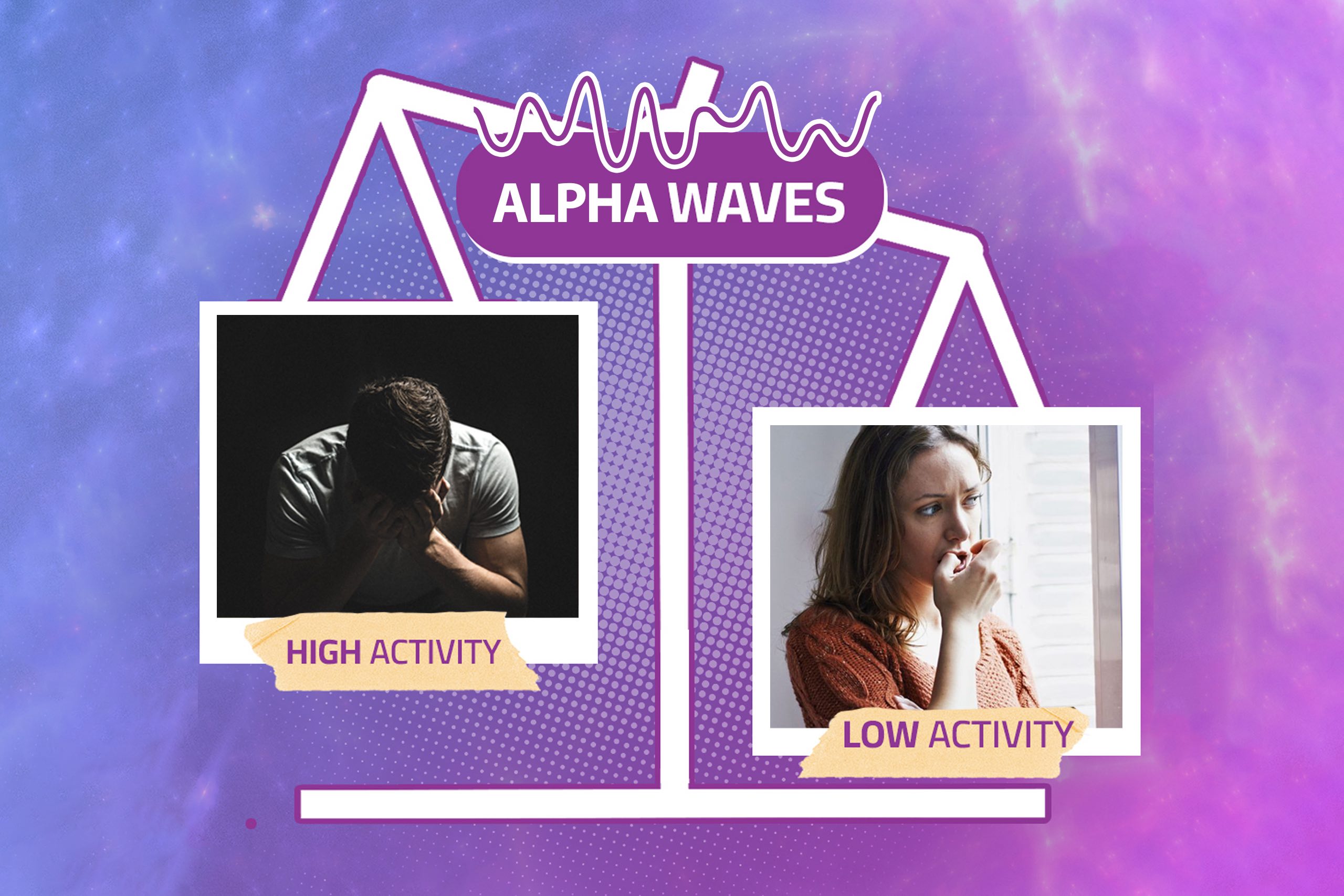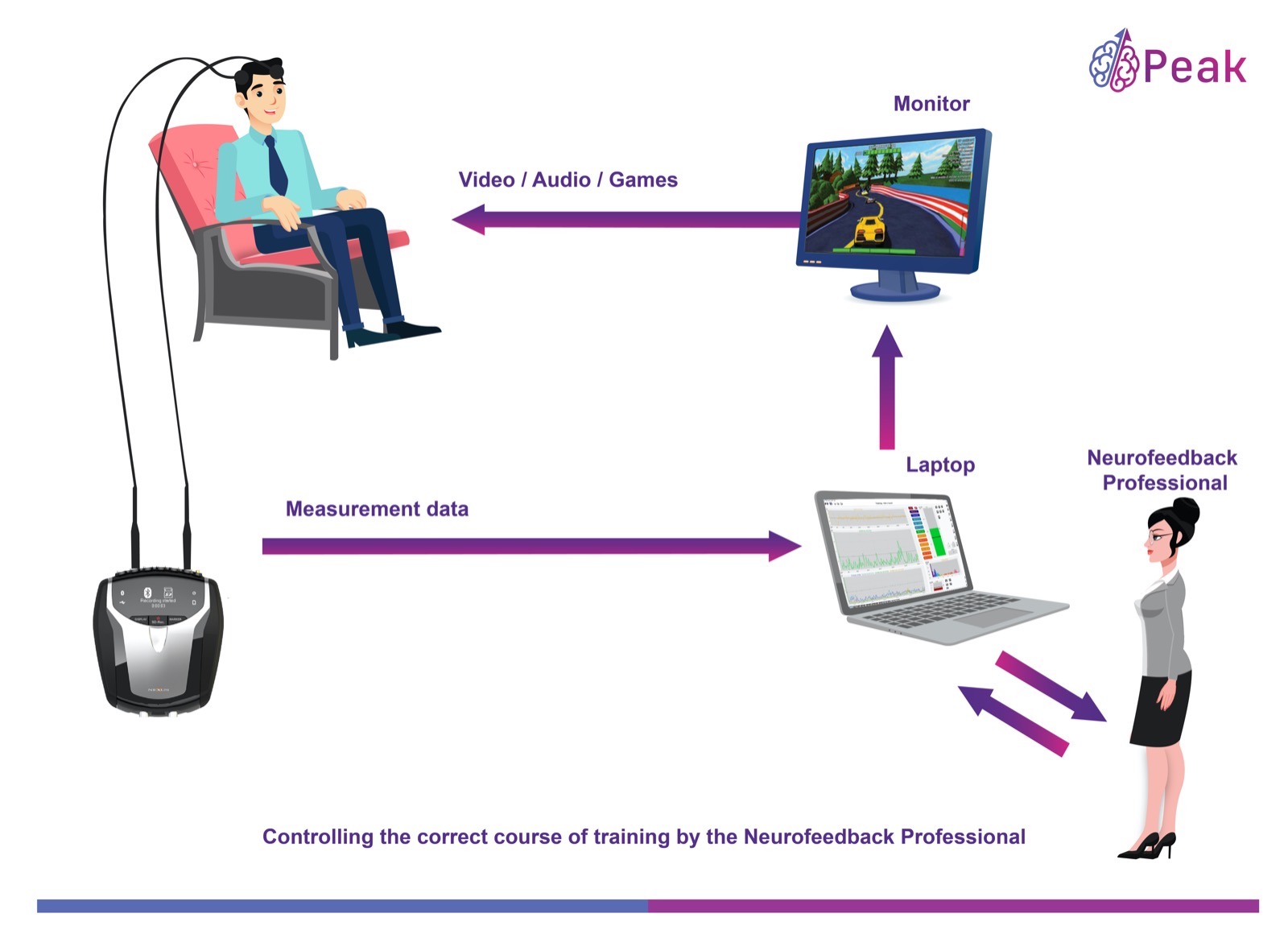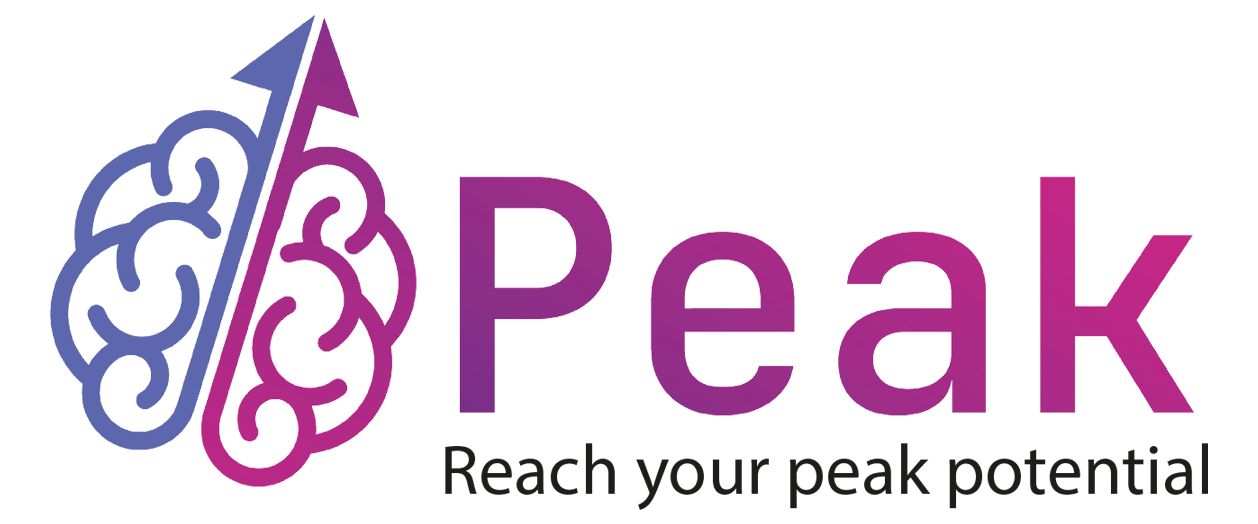In the intricate symphony of brainwaves that govern our mental states, alpha waves play a prominent and multifaceted role. Oscillating at a frequency range of 8 to 12 Hz, alpha waves are closely associated with our cognitive processes, creativity, relaxation, and even our overall well-being. However, an imbalance in alpha wave activity, either in excess or deficiency, can lead to a range of cognitive and emotional challenges. This blog post explores the effects of excess and low alpha waves on the brain and how neurofeedback can be instrumental in achieving the optimal balance.

Alpha Waves: A Closer Look
Alpha waves are a kind of neural oscillation produced by the brain when it’s in a state of relaxed alertness. They are most commonly observed when the eyes are closed but are still awake. Here are some key aspects of alpha waves:
- States of Relaxation: Alpha waves are often associated with a relaxed state of mind. They tend to increase when you close your eyes and take a deep breath, signaling a shift towards calmness.
- Creativity and Problem-Solving: These waves are also linked with creative thinking, problem-solving, and generating new ideas. It’s when the mind wanders freely that it often stumbles upon innovative solutions.
- Improved Focus: Alpha waves play a crucial role in enhancing focus and attention. An optimal level of alpha activity is associated with the ability to maintain attention on a task without being easily distracted.


The Effects of Excess Alpha Waves
- Daydreaming and Lack of Focus: Excessive alpha wave activity during tasks that require concentration can lead to daydreaming, making it difficult to maintain focus. This can hinder productivity and interfere with learning.
- Memory Impairment: Too many alpha waves during memory-related activities can impair memory formation and recall, potentially leading to forgetfulness.
- Reduced Alertness: Excess alpha waves can also result in a general sense of lethargy and reduced alertness, making it challenging to engage effectively in daily activities.
- Inhibition of External Stimuli: When alpha waves are overly dominant, they may inhibit the processing of external sensory information, potentially causing individuals to become less aware of their surroundings.

The Effects of Low Alpha Waves
- Anxiety and Stress: Reduced alpha wave activity has been associated with increased levels of anxiety and stress. Individuals with low alpha activity may find it challenging to relax or manage stress effectively.
- Difficulty in Creative Thinking: Lower alpha wave levels can hinder creative thinking and problem-solving abilities, making it harder to come up with innovative solutions.
- Inattention and Hyperactivity: Low alpha activity can lead to difficulties in maintaining attention and may contribute to symptoms of hyperactivity.
- Insomnia: Low alpha activity during the transition to sleep can lead to insomnia and difficulties in falling asleep.
Balancing Alpha Waves with Neurofeedback

Neurofeedback is a highly effective technique that empowers individuals to regulate their brainwave patterns, including alpha waves, through real-time monitoring and training. Here’s how neurofeedback can assist in achieving a harmonious balance of alpha wave activity:
- Real-Time Awareness: Neurofeedback provides individuals with real-time information about their alpha wave activity. This awareness helps individuals identify when their alpha waves are either excessive or deficient.
- Customized Training: Professionals can design tailored neurofeedback protocols to address specific issues related to alpha wave imbalance. Whether it’s reducing excess alpha waves during focused tasks or boosting alpha activity for relaxation, the training can be customized.
- Enhancing Creativity and Focus: Neurofeedback can help individuals enhance their creative thinking abilities by promoting the right balance of alpha waves. Similarly, it can aid in improving focus and attention by regulating excessive alpha activity during tasks that require concentration.
- Stress and Anxiety Management: For individuals experiencing anxiety and stress due to low alpha wave activity, neurofeedback can help restore the optimal level of alpha waves associated with relaxation.

conclusion:
Alpha waves are integral to our cognitive processes, relaxation, and creative thinking. Achieving the right balance of alpha wave activity is vital for maintaining mental well-being and cognitive function. Whether you’re dealing with excess or low alpha waves, neurofeedback offers a powerful tool to regain equilibrium in your brainwave patterns. By understanding the effects of alpha wave imbalances and exploring neurofeedback as a solution, you can take proactive steps to nurture your brain health and lead a more fulfilling life. If you’re considering neurofeedback, it’s advisable to consult with trained professionals who can tailor a personalized approach to address your specific needs and goals.



